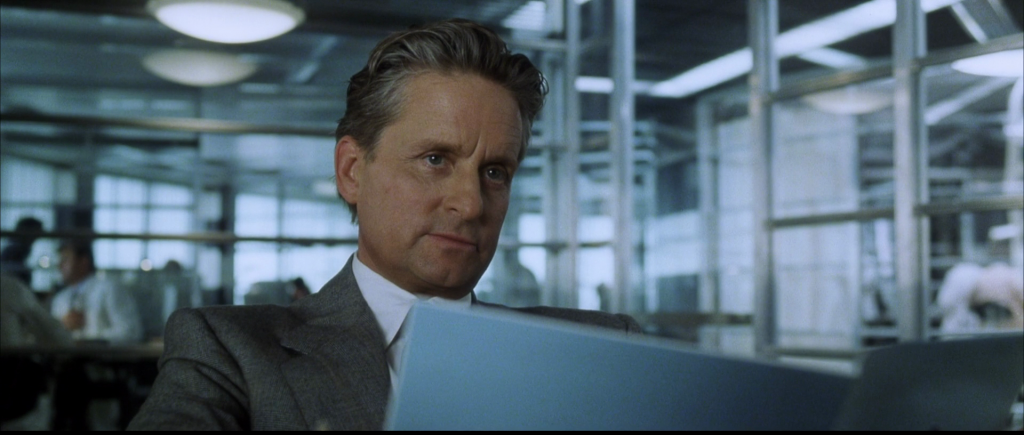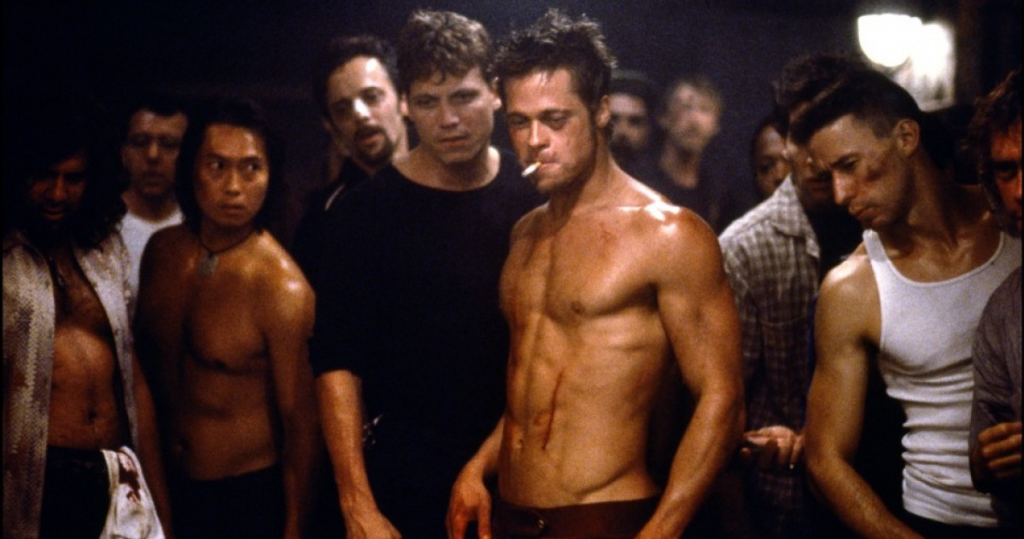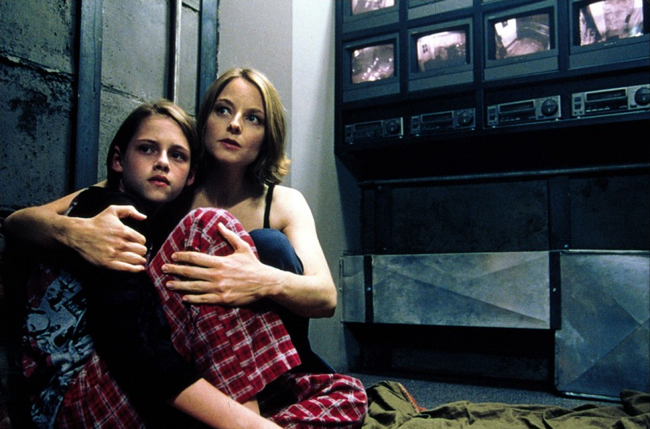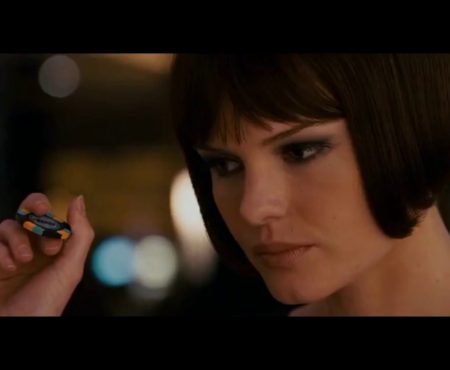In our Overview series, Movie Mezzanine staffers go through the work of a director, one film at a time.
Even now, 10 features into his career, David Fincher’s status in the cinematic firmament is still very much up in the air, with each new film of his offering yet another opportunity to take stock and either confirm or revise one’s impressions of this distinctive filmmaker. Great new auteur or merely a supreme visual stylist? Or somewhere in between? Whatever position one takes on his worth as an artist, one thing is for sure: Fincher has come a long way since the early days of his career, when he was known simply as yet another television-commercial and music-video wunderkind (along with, say, Spike Jonze, Mark Pellington, Michel Gondry, and others) taking some bold stabs at feature-film directing. As he is still alive and kicking, any retrospective of the sort on which we are about to embark is inherently a work in progress. Nevertheless, on the eve of the release of his latest feature, Gone Girl, it’s worth cutting through the hype and taking clear-eyed stock of his body of work up to this point, through all of its technically precise, thematically grim, and blackly satirical thickets. – Kenji Fujishima
(Editor’s note: Out of respect to our readers and Mr. Fincher, Alien 3 is not discussed in the following piece. If you’re an ardent defender of this film, we apologize for the omission.)
Se7en (1995)
Fun times, the mid-’90s. Cultural critics were busying themselves with lily-livered debates over the moral quandaries of Violence as Stylish Accessory in the wake of Pulp Fiction, fretting that good American audiences couldn’t take a little gun-brandishing. Good thing we don’t do that anymore! David Fincher proved exactly how pointless conversations like that can be by creating a pitch-black morality play in which all acts of gruesome bloodletting come with an excruciatingly high emotional price tag. It’d be a long time until he reached these depths of depravity again, but Fincher dove headfirst into the scuzzy tale of a cop very nearly out of the game and one just getting his feet wet to gauge just how much sickening gore audiences would swallow. A lot, it turns out, as legions of teens continue to watch fingerprinted DVDs of Se7en in darkened basements. A quartet of great performances elevate this from torture-porn into nihilist philosophy. Fincher had arrived. -Charles Bramesco
The Game (1997)
Possibly the favorite movie of the crowd that enjoys nitpicking “plot holes” in cinema. But pulling apart the numerous implausibilities in the titular game misses the point of The Game entirely. It both parodies the human tendency to seek out conspiracies as an explanation for all that is off about the world and gives us a monkey-paw-like wish look at how distressing it would be for one to actually have their normal, humdrum life upended completely. And on top of all of that, it’s a terrifically electric, sometimes scary, sometimes funny thriller. Who knew Michael Douglas could be an action hero? -Daniel Schindel
Fight Club (1999)
Panic Room (2002)
Considered by some a step down after his trenchant deconstruction of modern masculinity in Fight Club (1999), David Fincher’s Panic Room (2002) is anything but a step down. An exceptional suspense thriller elevated by Fincher’s tightly controlled direction and stand-out performances by Jodie Foster – a rare female protagonist for Fincher – as a recently single mother and a preteen Kristin Stewart resourcefully facing off against a trio of indelibly drawn and developed home invaders – a testament to Hollywood veteran David Koepp’s underrated screenplay – played by future Oscar winners Forest Whitaker and Jared Leto, and country-singer-turned-actor Dwight Yoakum. Fincher’s familiar attention to production design, visual composition, and editing (including CG-aided scenes), are evident in every scene, sequence, and ultimately the entire film. As much a study in contrasting masculinities as Fight Club was, Panic Room deserves not reappraisal, but an unqualified place among Fincher’s finest works. -Mel Valentin

























One thought on “Overview: David Fincher”
Pingback: Only After Disaster Can We Be Resurrected: Fight Club at 15 | Daniel Carlson